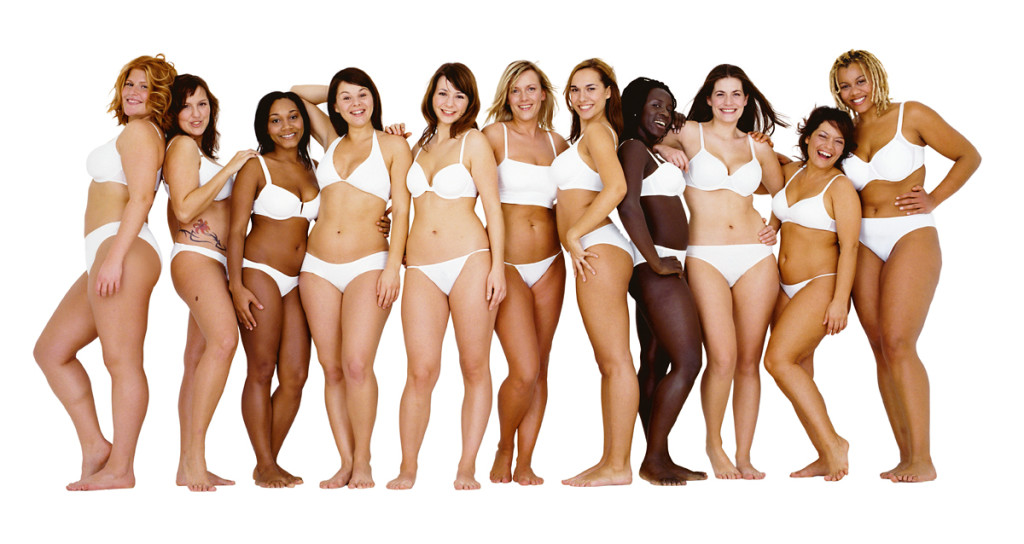Food is supposed to be a source of joy, satisfaction and socialization. In reality though, food can create extreme stress and anxiety. In America–and especially college campuses–eating disorders are frighteningly prevalent and extremely dangerous. What causes eating disorders, and how do we as a society enable an environment where more and more people feel pressured to eat in unhealthy manners?

Photo courtesy of The Fashion Globe
Uninformed Media Consumption
Let’s face it: the media is a master of distortion. Eating disorders like anorexia and bulimia have become increasingly more common in the United States in the past 50 years. With the rise of super-models like Twiggy, the fashion industry came to handpick the thinnest women; when the 1990s hit, Kate Moss’ “heroin chic” look took the media by storm and created a new “ideal body.”
It is extremely important that people realize that models are not what they appear.By now, the power of Photoshop is pretty well understood; however it is not just photo-editing that creates these images of impossibly thin women.
Oftentimes, the models that are used to pose as adults are in fact teenagers. When I was 16, I modeled for a bridal magazine. With makeup and sophisticated clothing, no consumer would be able to tell my mom drove me to the photoshoot. A 20-year old comparing herself to a 16-year old makes no sense, but if we are unaware of the truth behind the images we see, we may not know to stop comparing ourselves to them.

Photo courtesy of Dove Campaign for Real Beauty
Equating “Pretty” with “Skinny”
As I previously mentioned, I modeled in high school. Something I encountered all the time was the compliment, “you’re so skinny and pretty!” Those two words—skinny and pretty—always seemed to be connected. This well-meaning compliment can lead to anxiety and insecurity in young women, though.
By peers constantly saying you or someone else is “so skinny and pretty,” the two become inextricably linked. Do you become ugly if you gain weight? What if your friend is “skinny and pretty” and you are bigger than her? If we can come to compliment our friends on their achievements or style—heck, even just say “you’re beautiful”—we can learn to support healthiness and happiness above unrealistic body standards.

Photo courtesy of The Fuse Fitness
Bragging About Not Eating
Somehow it is trendy to not eat. This unhealthy and extreme self-discipline can become a point of pride, it makes a person feel better than her peers, it makes her feel accomplished. Why should such an unhealthy act promote such positive feelings? One possible explanation is tied to the atmosphere on college campuses. Many students compete to be that person with the toughest schedule, the most activities on her resume and the least amount of sleep.
In the same vein, not eating can be seen as an indicator of how busy you are or how much self-discipline you have. But health needs to become the priority. We need to congratulate the students who are able to work hard, get rest, eat well and maintain relationships. We should strive for balance and personal goals, not extremes and shaming the people who took a study break to eat lunch or get some rest.
The factors that cause eating disorders are varied, unknown, shifting and generally hard to combat; the ones listed above by no means run the gamut of explanations for eating disorders. As National Eating Disorder Awareness Week suggests though, awareness is a crucial first step in helping to prevent and treat eating disorders.
Let’s all be more careful about our thoughts and perceptions so we can help create an environment where everyone can enjoy a healthy relationship with food and their bodies.

